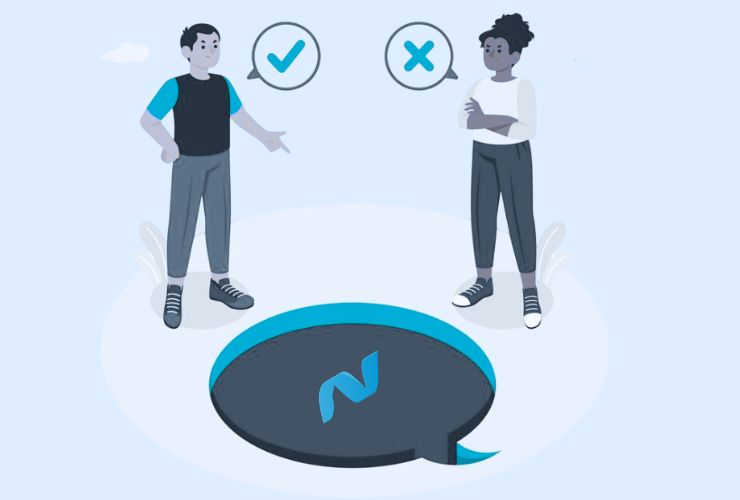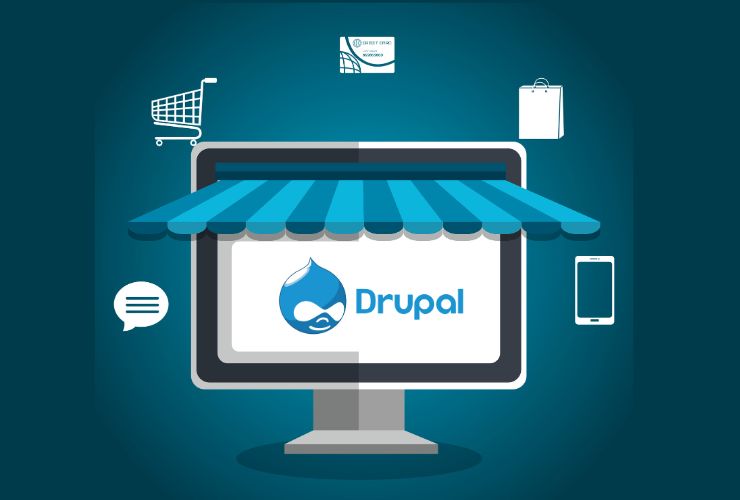Selecting a framework for your next application can be very daunting. With all the options available, each with their strengths and weaknesses, how does one decide? In this article, we will compare.NET with other popular development frameworks—Java, Python, and Node.js—so you can make an informed decision based on your project’s needs.
What is.NET?
Microsoft also provides.NET that comes totally for free as an open source, developing applications to other cross platforms.NET encompasses support web apps, mobile applications, and desktop apps that may as well consist of microservices. One major thing it holds is an unreserved connection with other applications built in Microsoft. A perfect pick for firms where products mainly depend on software owned by them.
Advantages for selecting.NET
1 Cross compatibility
The greatest benefit of using.NET, especially.NET Core is its cross-platform compatibility. Using the.NET Core allows an application to run on top of Windows, macOS, or Linux. Flexibility in deployment is necessary for targeting broader audiences and ensuring the performance of an application on any target operating system.
2. High Performance
This also features high performance due to various.NET 5 and.NET 6 upgrades, highly optimized for scalability, speed, and efficiency in terms of an application at an enterprise level. Features like Just-In-Time (JIT) compilation, plus better garbage collection, can provide the scope for dealing with more traffic as well as heavy workload activities without much sweating for apps developed under.NET.
3. Strong Ecosystem
The.NET ecosystem is quite vast, with a lot of libraries, frameworks, and tools to help developers make their work easier. It is also highly integrated with Microsoft technologies such as Azure, SQL Server, and Visual Studio, which offer an all-in-one development experience. Visual Studio is one of the most beloved IDEs for its powerful debugging and testing capabilities.
4. Built-In Security
.NET has several inherent security features, such as encryption, authentication, and authorization. These are critical for the safety of sensitive data and for making sure that applications comply with industry standards, so it’s a great choice for enterprises.
5. Flourishing Developer Community
.NET has many resources—from documentation to third-party libraries—because of the large and active community of developers. No matter if you are just starting or already an experienced developer, there is always guidance and support from the community.
Disadvantages of.NET
1. Windows Dependency (Pre-.NET Core)
The previous versions of.NET were highly coupled with Windows, which makes it less appealing for cross-platform development. However, the release of.NET Core has addressed this limitation to a great extent, allowing developers to build apps for multiple platforms.
2. Steep Learning Curve
. NET is a vast framework and, for someone who just starts, might be pretty scary. If you come from some other programming language or a different framework, it could even be pretty intimidating. When you get to know.NET, however, you have a solid and powerful environment to create applications.
3. Not Good for Quick Prototyping
While.NET is great for big applications, it might not be the best choice for rapidly prototyping simple apps or MVPs. Frameworks like Node.js or Ruby on Rails may better suit quickly building lightweight applications.
Comparing.NET to Other Frameworks
.NET vs Java
.NET and Java both are powerhouses in the enterprise realm. Both these technologies have high performance ratings and adoption levels.NET is seen to more aptly merge into products from Microsoft. Thus, it stands favored for firms that already dominate the use of a big portion of the Microsoft realm. Java is spread quite broadly, with its mature application ecosystem within enterprises faring better than anyone else’s.
.NET vs Python
Python is a simple language, hence more suited for rapid development, especially for data science, machine learning, and automation. In contrast, for large-scale applications or performance-heavy tasks,.NET usually outperforms Python. Quick prototypes and AI can be done using Python, but enterprise-grade applications, requiring scalability and performance, usually prefer.NET over Node.js.
.NET vs Node.js
Node.js is especially strong for real-time applications like chat apps and online games due to its non-blocking I/O model. However, when CPU-intensive tasks or high concurrency applications are required,.NET generally outperforms Node.js. If your team is already comfortable with C# or other Microsoft technologies, then.NET will be the better choice for you; Node.js will be a great option for JavaScript developers.
Conclusion
Depending on your specific project needs, choosing the correct framework may make a significant difference.NET gives an environment that is strong, scalable, and secure for applications on enterprise-level. Even though Java, Python, and Node.js may provide better leverage in some places, it still beats in other ways where integration with Microsoft technology is concerned, performance, and support across different platforms.
Understand the pros and cons of each framework, thus making the best decision, which fits into your business and technical requirements.
Contact Us Today













 Database Development
Database Development












































